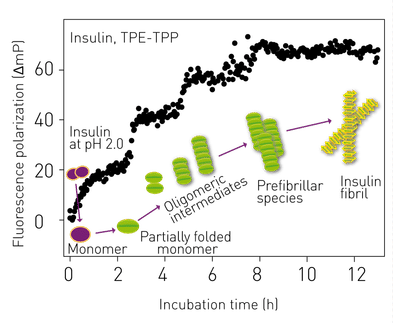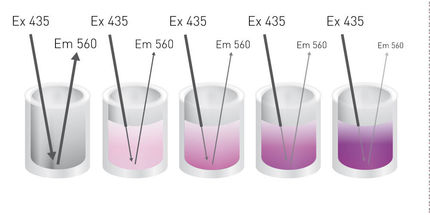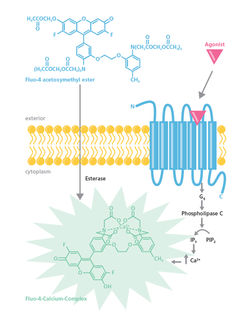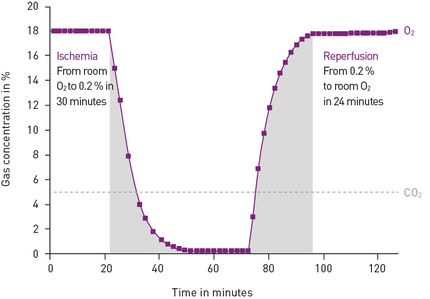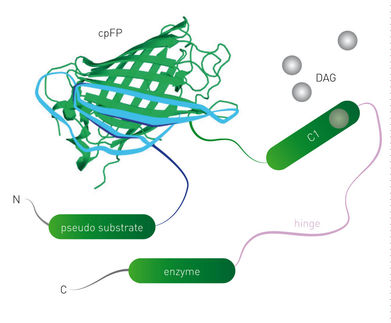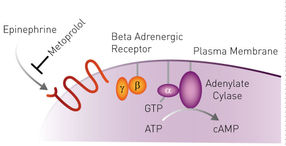
BMG Labtech
FRET sensor assesses ATP levels in living plants experiencing low oxygen conditions
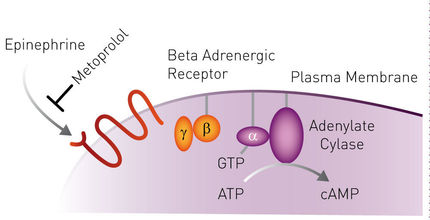
To survive as sessile organisms, plants need to constantly adapt their metabolism to their environment. Flooding of plants is widespread and has severe metabolic consequences as it limits the cellular supply with oxygen to drive respiration, and thus production of ATP. Submergence acclimation typically involves drastic alterations in metabolism to circumvent anoxia and to maintain primary metabolism and ATP supply. We have recently established the use of a genetically encoded protein sensor (ATeam1.03-nD/nA) to assess MgATP dynamics in the model plant Arabidopsis thaliana.
This FRET-system read on a CLARIOstar® allows for reliable analyses of changes in MgATP in vivo and in real-time and provides a new handle to investigate the energetic consequences of low oxygen for the plant cell. The microplate reader’s orbital averaging function acquires the signal in multiple points of the well to obtain a meaningful result of the non-homogenously distributed Arabidopsis seedlings.
Advertisement




